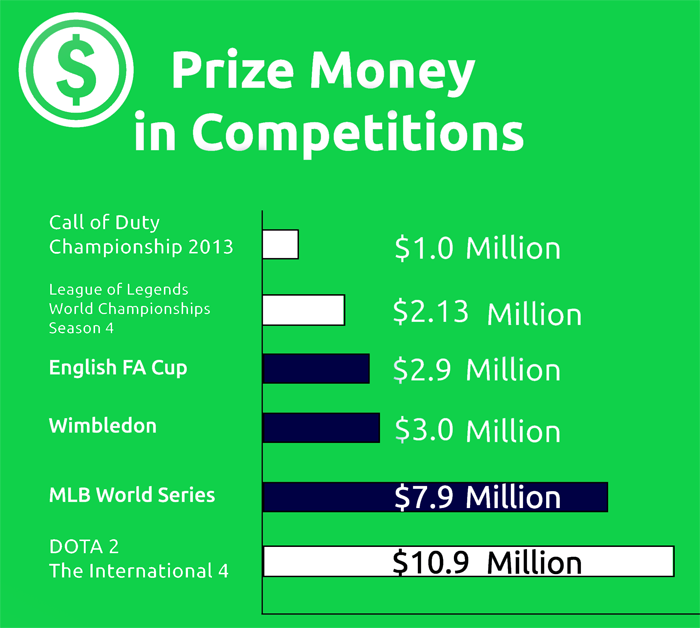Thanat Pariwatvorn, also known as the Happy Fat Kid, is one of millions of young gamers bringing their once-fringe passion into mainstream competition as competitive players.
While other e-sports have their own followings, League of Legends is the most-played game in the world, accounting for one-in-five of the 3 billion hours of gaming played by more than 500 million gamers daily, according to Raptr’s online tracking, and many regions of the world have their own League leagues, similar to baseball or basketball.
READ: The Violent Ballad of Happy Fat Kid
Being an avid fan of competitive League of Legends in North America and Korea, I had expectations for the scene in Thailand. However, Thanat quickly assured me the scene is not as big as in those places and faces several challenges in order to get to that level.
He recounts a tournament last year at Esplanade which turned out to be a disaster.
“The internet was really bad in the mall, and it was impossible to host more than one match at once because it would lag too much if there were more games,” he said.
Not to mention trying to focus on a demanding and immersive task.
“The environment was really bad because it was held in the middle of the mall,” he said.

It may be a bit of my nationalistic pride to want the Thai scene to evolve quickly, as I hope to one day see a Thai team participate in the League of Legends World Championships. But several questions into my interview with Thanat, it quickly became clear that Thailand is far from reaching the standards of other regions.
Thailand has the Thailand Pro League, where Thai players compete against each other in regular tournaments. At the end of each year, these teams face each other to gain a spot in the Garena Premier League (GPL) with other Southeast Asian teams. The GPL however fails to match the popularity of its counterparts in North America, Europe, China and Korea, where thousands of viewers watch each game week in week out.

Prize money for progaming compared to traditional sports. Graphic: Natcha Durongphant
Tournaments in Thailand are usually hosted in shopping malls whereas in other parts of the world are held in specially equipped venues that can pack in audiences. Also, Thai league matches are played over the internet rather than a local network, which can result in players having issues such as high latency affecting their performance. And cheating is a problem when you play online as someone could be playing for someone else using their account – kind of like sitting for another student’s exam.
Overall the lack of infrastructure and organization makes the scene look rather unprofessional when compared to regions where it’s more dominant.

An audience watches Pro League 2014 Winter Finals at Central Rama IX. Photo: League of Legends Thailand
Besides the lacking environment, Thanat claims the majority of pro players in Thailand just aren’t motivated enough to get better at the game. League of Legends is a game that becomes highly competitive and players need to constantly improve to be able to compete at the highest level.
It requires nothing less than insane amounts of dedication, so average players just won’t cut it.
“Lazy people simply just can’t play this game,” he said. “They won’t invest the time to practice in order to get better. And sadly, we have a lot of lazy players playing competitively in Thailand.”
A contributing factor to the small League of Legends community in Thailand is how video games are viewed, according to Thanat.
In a conservative culture like Thailand, video games can be seen as a major distraction to academics. Children are seen to have no other purpose beside attending classes and scoring well on standardized exams. Yet countries like South Korea where professional gaming has been a legitimate profession for the past decade would seem to disprove its critics. Until gaming is viewed differently, esports faces an uphill battle being accepted among Thai people.
“People still think video games are a bad symbol in Thailand,” Thanat said. “It’s almost as bad as smoking. That’s why I think video games in Thailand are not that big yet.”
Get fresh Coconuts delivered to your inbox! Subscribe to our newsletter for a chance to win a marvelous Coconuts hat.





Reader Interactions